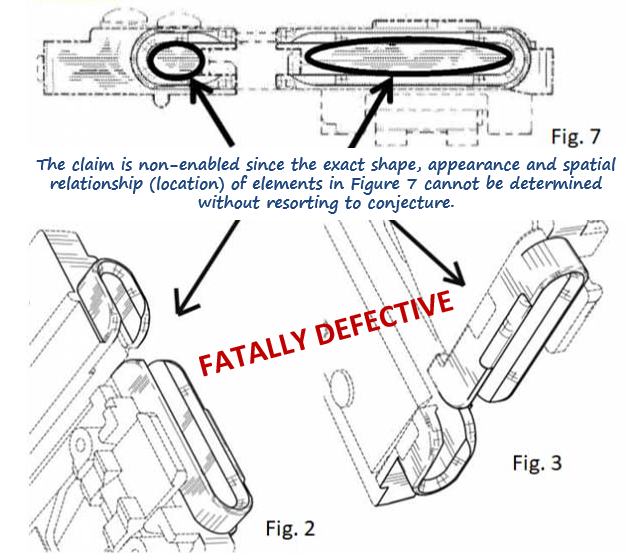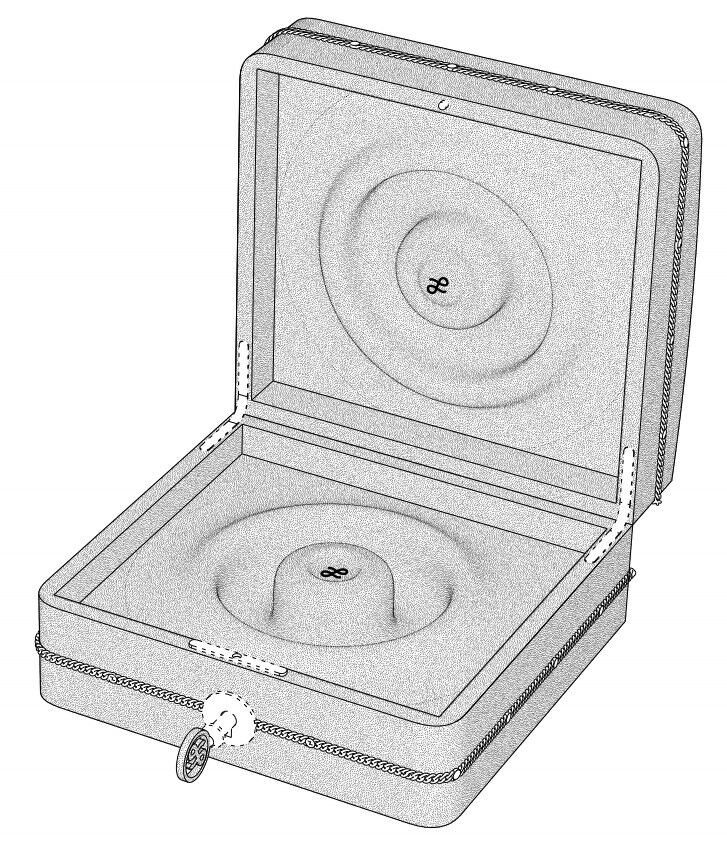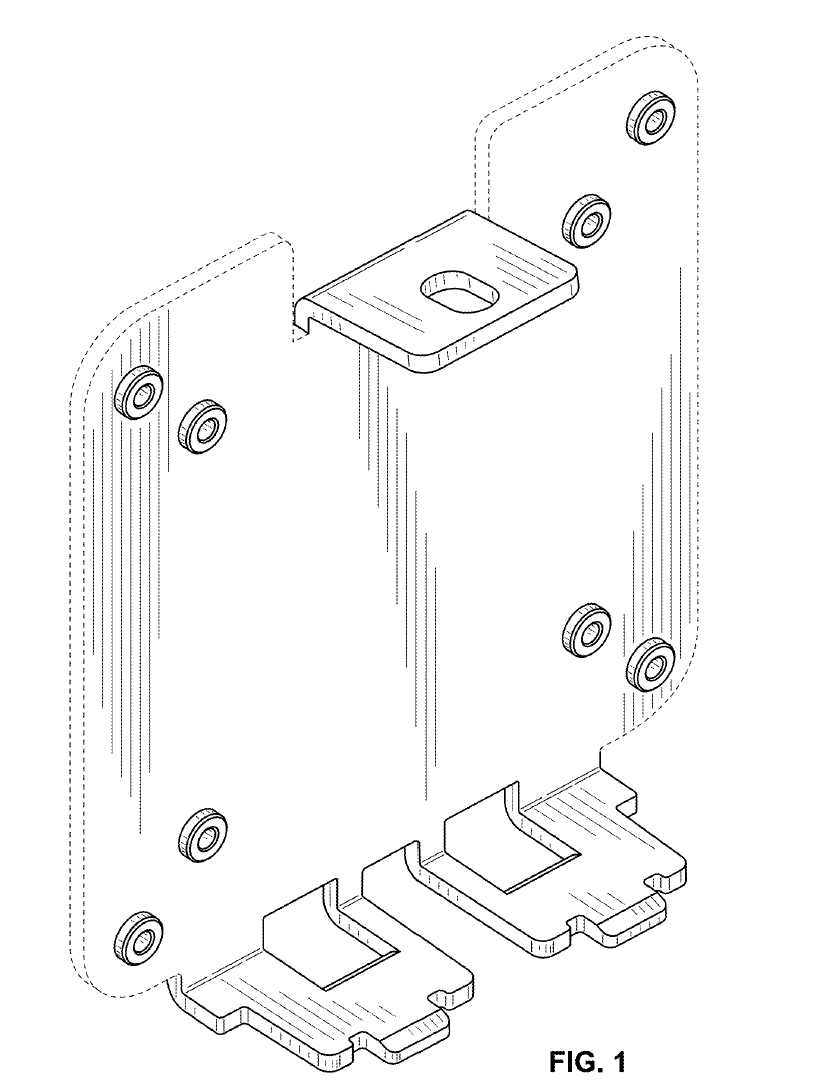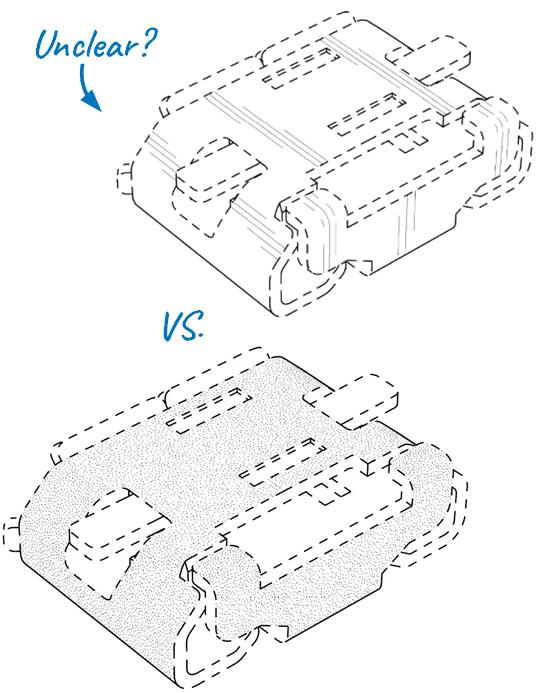Avoiding Claim Killers in Design Patents: Drawing Strategy for Litigation Resilience
- IP DaVinci
- Article
- June 6, 2025
Table of Contents
⚖️ When a Line Becomes a Liability
In design patent litigation, most claims don’t die because of bad inventions. They die because of bad drawings.

As a patent attorney, your role isn’t just to file—it’s to file something enforceable. And that means mastering how every line, shape, and shadow can strengthen or sabotage your claim.
🔍 Why Most Drawing Rejections Are Attorney Problems
You may outsource the drafting, but you own the scope.
Common rejection and litigation points stem directly from:
- ❌ Claiming too much by using solid lines carelessly
- ❌ Claiming too little by omitting critical views
- ❌ Filing drawings that can’t flex for future changes
- ❌ Letting “pretty pictures” substitute for strategic storytelling
Without a drawing strategy, you’re not claiming a design—you’re hoping one sticks.
🪤 3 Drawing Mistakes That Kill Your Claims Later
1. Overclaiming with Solid Lines
Every solid line is a legal commitment. If the accused product doesn’t match it exactly, you’ve handed over a noninfringement argument.
Instead:
- Use broken lines for anything non-essential
- Break up features into modular groups that you can claim across related filings
- Review product variants to avoid over-specification
2. Missing or Ambiguous Views
Litigation often hinges on one question: “Is this part actually claimed?”
That’s why:
- You must show every surface you want to protect
- Use sectional and exploded views to resolve depth, transparency, or detail
- If it’s not clearly disclosed—it’s not enforceable
3. No Visual Flexibility for Continuations or Amendments
Design claims can’t be amended easily. If you want room to move later:
- Include inverse versions (solid ⇄ dashed) of key features in appendices
- Anticipate foreign restrictions (e.g., no dashed lines in China)
- Include versions with and without shading
“No one gets the perfect claim the first time. But strategic drawings let you evolve the claim without starting over.” — IP DaVinci
🔄 Make Drawing Choices that Pay Off in Court
Think ahead. These tips are simple—but powerful:
- Don’t draw what you can’t enforce.
- Disclaim more than you claim.
- Plan like a litigator, not just a filer.
Your drawings are the claim. Your job is to make sure they don’t backfire.
🚀 Want Drawing Support Designed for Enforcement?
STIPPLES by IP DaVinci helps attorneys build drawing sets that:
- 🔒 Minimize litigation exposure
- 📐 Include all required and optional views
- ✂️ Disclaim unneeded detail the right way
- 🌍 Align with foreign filing standards
🛡️ Build Litigation-Ready Design Patents
Submit your photos, 3D files, or rough sketches. We’ll deliver a complete, claim-aware drawing set—optimized for prosecution, enforcement, and global use.


